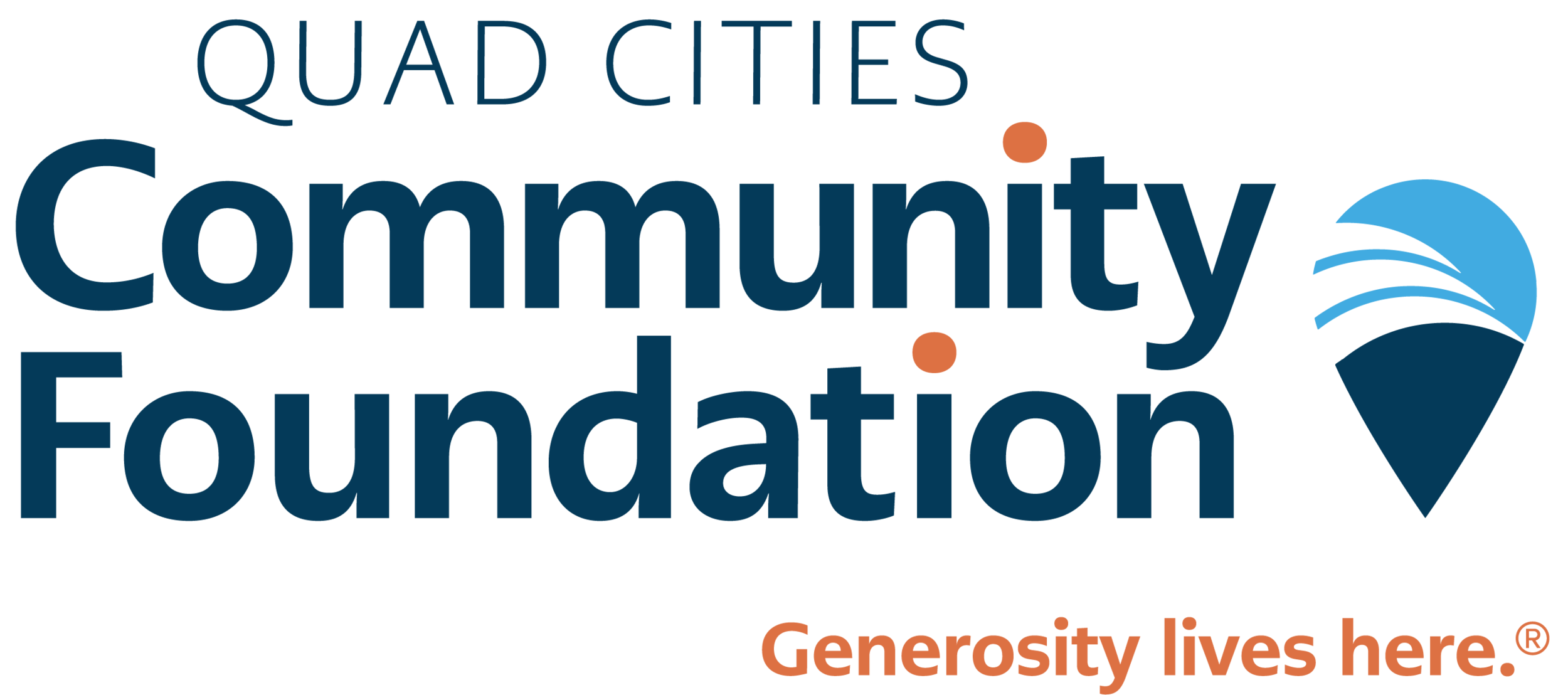Creating a safe environment for all Quad Citizens
It’s impossible to miss—the conversation surrounding violence in communities across the United States. From neighborhood disputes to school shootings, the Quad Cities is not immune, to the violence or the conversation. This hit home particularly for me this past week with the shooting and death of a man close to someone I know and admire.
As a Community Foundation, we are always thinking about issues we face in the Quad Cities—mental health, education, recreation and wellness, and more, but none of those things are possible or can be lived out to their fullest if not done in a safe place.
As donors of the Community Foundation continue to transform the Quad Cities through their generosity, creating a safe environment for every person is something for all of us to consider. How can parents be assured their children are safe in our schools? How can our local law enforcement be equipped with the tools they need to do their job well? How can our streets be free from violence, and businesses confidently recruit people who are considering making this place their home?
I was reminded of just how important this national conversation is during a recent gathering at the Kettering Foundation in Dayton, Ohio, where I was invited to sit on a panel of place-based foundations and civic life. While there, I was introduced to a recent report by National Issues Forums on “Safety and Justice—How Should Communities Reduce Violence.” According to the report, the rate of violent crime in the United States had fallen steadily for decades, until it rose again in 2015 and 2016. It has prompted pivotal discussions about race, justice and the law across our country.
The report encourages communities to address issues head-on, however difficult the conversations might be. I want to recognize Mayor Frank Klipsch for convening the summit held just this past week to address youth crime. Addressing these issues means taking a hard look at ourselves and the deeply-held beliefs that govern our thoughts, words and actions.
It’s often through reflection—however raw it might be—that leads to action. How will you find ways to support efforts to reduce violence in the Quad Cities?

